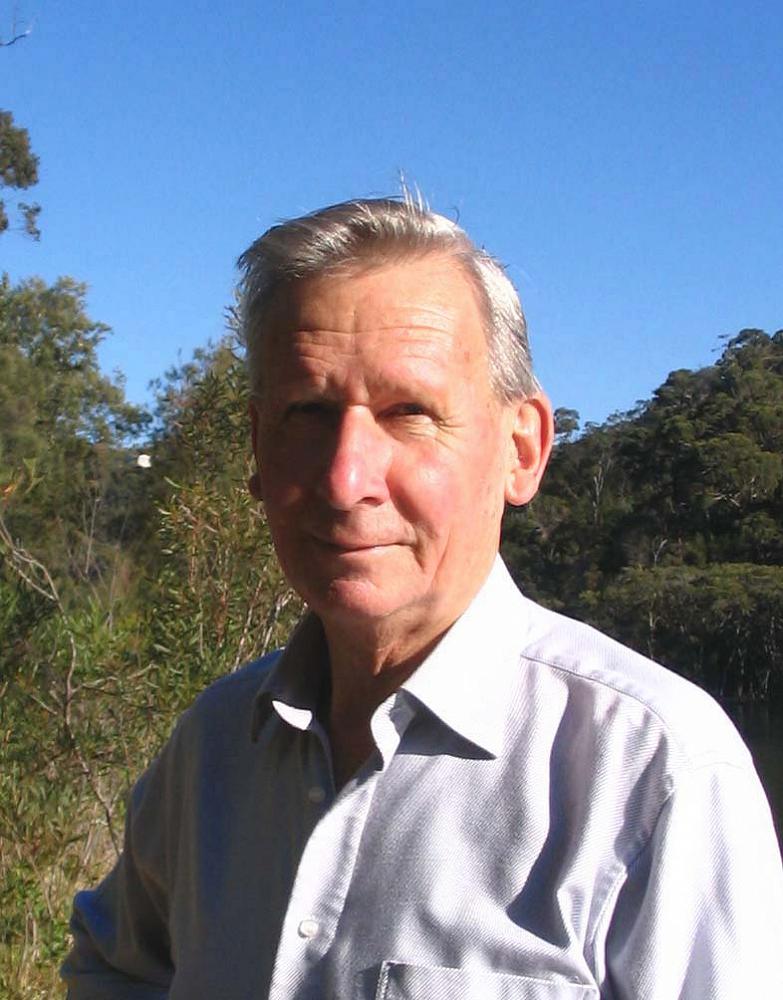
Intolerance
Is the golden age of western democracy drawing to a close? American liberal philosopher Richard Rorty feared it might be. And there are disturbing signs he may be right, both on his world canvas and in events close to home.
Driving the change are two major emotions: the fear and insecurity that have set the West on edge since the 9/11 massacre in 2001, and intolerance. Both are inimical to the liberal spirit on which democracy depends. If those emotions shape the future, that would be the lasting blight of al-Qaeda, which showed how a handful of fanatics with a bomb and a death-wish can cause mayhem anywhere on an unprecedented scale.
It would be easy to overstate the threat to democracy, foolish to ignore it. Rorty, who died in 2007, predicted that “the end of the rule of law could come about inadvertently, in both the United States and Europe, through the sheer momentum of the institutional changes that are likely to be made in the name of the war on terrorism”. The military and national security bureaucracies would be given extensive new powers, and the public would find this fitting and proper.
Think of Guantanamo Bay. Think of the USA Patriot Act, which expands the power of the state to spy on its citizens and reduces checks on its exercise. Think of Ahmed Zaoui’s time in an Auckland prison. Think of tightened restrictions on overseas travel.
To counter this trend, Rorty urged people to challenge the culture of government secrecy, including in intelligence-gathering. He says: “An elite has come to believe that it cannot carry out its mission of providing national security if its preparations are carried out in public. The events of September 11 greatly strengthened this conviction. Further attacks are likely to persuade these elites that they must destroy democracy in order to save it.”
The reasons for secrecy are obvious. Divulging intelligence could play into the hands of would-be terrorists, dry up the sharing of critical information internationally, and undermine the very security that governments are charged to provide. However, it does not follow that governments always know best, and in a democracy it would be most unwise to curtail the moderating power of an informed public opinion.
The Covid-19 pandemic has added another layer to fear and insecurity, and social media has fanned it with disinformation, conspiracy theories, protests and posturing. Fuelling that is a deep dysfunction in US society and politics, whose roots lie in the exaltation of individualism over the common good – an individualism that culminates in a sense of entitlement to defy the law and be anarchic at every turn. This is currently clearest in Trumpian demagoguery, where blatant lies become truths beyond questioning.
New Zealand became caught up in this dysfunction in February when the anti-vaccination, anti-mask, anti-mandate, anti-authority, anti-whatever broke out at Parliament and elsewhere – ironically, a cause where the demonstrators’ invocation of “freedom and rights” blithely swept aside the freedom and rights of everyone around them.
Of course people will always hold differing views, and respectful disagreement and debate are virtues in a democratic state. But people protect their own freedoms best when they protect the freedoms of others, and the intolerance and hatred that erupted outside Parliament – and rumble on behind the scenes – are unqualified evils. Likewise the 100 or more threats against the prime minister in the past three years that involved the police. Death threats are no way to advance a political agenda.
A broader symptom of democratic malaise is the way the word “liberal” has become a term of scorn in certain quarters, including in theological arguments in some churches.
That is puzzling. Genuine liberals value freedom and choice, are open to change, and uphold the rights of others, even and especially those who hold differing views. This stems from the conviction that the human spirit flowers best in a climate which is not exploitative, oppressive, or stultified by convention or prejudice, a climate kept stable by a democratically agreed framework of law and practice.
I am intrigued by the way Jesus linked truth with freedom of spirit: “You will know the truth, and the truth will set you free.”
The trouble is, some groups are so convinced they have the truth that they oppose anything else as error, or worse, demonic, so opening the door to intolerance. It is the open search for truth, rather than laying exclusive claim to it, that sets individuals and societies free. Democracies depend on it.
